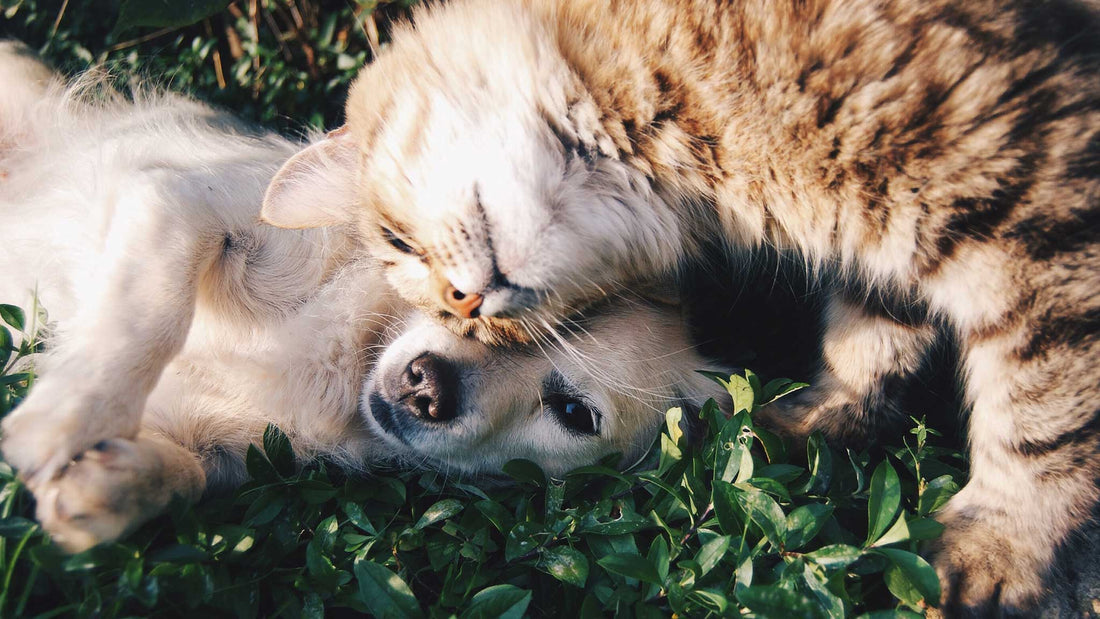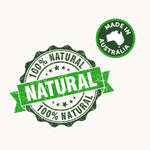
What Is The Optimal Diet For My Pet?
You would think the question about what the optimal diet for your pet would have an easy answer. However, in a world of mass marketing, fancy packaging, and every product promising the world – weight loss, bright shiny coat, teeth cleaning, you name it, finding the optimal diet for your dog or cat can be very confusing!
As a pet owner, it's important to be educated and empowered to make the best decisions for your pet that you can.
Having a pet can bring a lot of joy and companionship into your life, but it also means taking on the responsibility of providing it with the best care possible. One of the most important aspects of caring for your pet is ensuring it has a healthy and balanced diet. In order to provide your pet with the optimal diet, there are a few things you should consider.
Let’s Get Back To Basics!
Starting from a human perspective, our diet should be balanced, eating a wide variety of fresh vegetables, protein, good fats, and carbohydrates. It goes without saying that a diet consisting of highly processed foods with lots of carbohydrates and sugar isn’t going to be a healthy one! It increases our risk of many terrible diseases including diabetes, heart disease, and cancer to name a few. So if we know that a processed diet is bad for us, let's ask what goes into our pet food; the majority of which is dry biscuits (kibble).
Kibble is a highly processed dry dog biscuit with a long shelf life. It mainly consists of cheap carbohydrates such as grain, wheat, and potato starch, and low-quality protein such as animal byproducts and fat byproducts (like leftover bones and tissue that have been boiled and crushed). Preservatives are needed to maintain long shelf life, while synthetic vitamins and minerals are often added to return some nutrients into the food which are lost through the manufacturing process (or weren't there to begin with!).
What Should A Dog Eat?
If we look back to the past, we know that dogs are descendants of wolves which are carnivores (meat eaters). A dog's teeth have sharp canines designed for ripping and tearing meat. Dogs have a natural instinct to eat meat and also have a short intestine track which is also another sign of a carnivorous animal. So if dogs are carnivores and their species is designed to eat meat, why do we feed them a diet solely full of highly processed carbohydrates, synthetic vitamins, meat by-products, fillers, colours and preservatives?
Our dogs should be eating a diet they are designed to eat. Fresh meat, Offal (liver, heart, kidneys etc), and a small number of fresh vegetables (note – some vegetables are toxic to dogs! See our guide on dogs and vegetables for more information). You can learn more about the benefits of a raw food diet here.
Dogs thrive on this type of BARF dog food diet (Biologically Appropriate Dog Food) because they are eating what they are designed to eat. It really is that simple! If you're just getting started on a raw food diet for your pet, our raw food starter packs are a great place to start!
